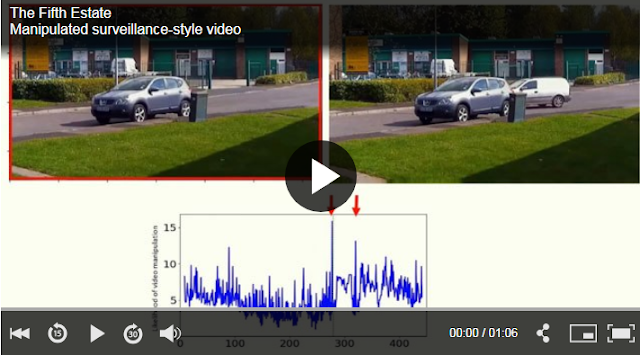Nigeria: Muslims sack Christian villages, rename them,
murder over 200 people in January alone
The renaming of the Christian villages is meant to be a sign that they have been conquered and incorporated into Muslim territory.
How Attackers Murdered Over 200 Nigerians In January Alone,
Renamed ‘Conquered’ Plateau State Villages – Report
Sahara Reporters, February 15, 2024:
No fewer than 200 defenceless civilians were murdered by gunmen and extremists nationwide in January 2024 alone including attacks on Barkin Ladi and Bokkos areas of Plateau State, a report by the International Society for Civil Liberties and Rule of Law (Intersociety) has stated.
The armed attackers also had a culture of renaming some of the villages they sacked, the report added, while citing how “Rankum was renamed Mahanga; Fass in Riyom (renamed Tafawa), Gwoi in Barkin Ladi (renamed Lugere), Fit ma Bucher (renamed Magaraje), Farandong Hai (renamed Josho) and Horop Mushere (renamed Dajin Gwamna) all in Bokkos.”
The Intersociety report released on Wednesday to SaharaReporters called on the international community to intensify their campaigns against ethno-religious persecution in Nigeria and compel the President Bola Tinubu-led government to respect religious freedom and human rights.
The report partly read, “Many of the Plateau Christian villages uprooted and sacked by Jihadist herdsmen have been renamed including: Rankum (renamed Mahanga), Fass in Riyom (renamed Tafawa), Gwoi in Barkin Ladi (renamed Lugere), Fit ma Bucher (renamed Magaraje), Farandong Hai (renamed Josho) and Horop Mushere (renamed Dajin Gwamna) all in Bokkos; all of which currently serve as staging grounds for more Jihadist Fulani Herdsmen attacks in Plateau State.
“The attacks on defenceless Nigerians in the past 13 months (Jan 2023-Jan 2024) also led to the burning down or wanton destruction of more than 20,000 houses and uprooting and sacking of no fewer than 500 communities in the ten worst hit States of Plateau, Benue, Southern Kaduna and other parts of the state; Niger, Taraba, Borno, Yobe, Adawama, Kebbi, FCT, Kogi and Enugu State where over 22 communities have been attacked or threatened with Jihadist herdsmen and nomad militia attacks.
“The most shocking of it all is that the herdsmen operate freely and unchallenged with impunity and reckless abandon; with the Nigerian Security Forces (NSFs), widely accused of turning blind eyes or looking the other side; except when it comes to protection of cows and their herders.
“Instances of the Nigerian Military’s brazen partisanship and biasness in the massacre of Nigerians are too many to be mentioned….
================================================================================
How Former Nigerian Air Force Officer Supplied Military
Uniforms, Arms To Terrorists In Zamfara State – Police
Sahara Reporters, February 14, 2024:
The Nigeria Police Force High Command, on Tuesday revealed how its operatives arrested a dismissed officer of the Nigerian Air Force (NAF) who has been supplying military camouflage and other accoutrements that belong to security operatives to bandits terrorising Zamfara State.
The police explained that the former NAF personnel, Ahmed Mohammed, attached to the Air Force Base, Kaduna State, only served in the air force for just five years before he was court-martialled by the military for a yet-to-be-revealed offence.
The spokesman of the Nigerian police, Muyiwa Adejobi, an Assistant Commissioner of Police, also disclosed that the dismissed personnel introduced sales of military camouflage and other accoutrements to Mushiri Abubakar who had supplied different camps of criminal gangs.
Adejobi said the duo had in the past supplied military camouflage to the notorious bandit, Bello Turji, and his gang members who have been terrorising the State.
Parading the suspects at the headquarters of Special Tactical Squad-Intelligence Response Team in Abuja, the police spokesman listed items recovered from both Mohammed and Abubakar as 10 sets of military camouflage uniforms and 10 pieces camel pack.
Other items recovered include: 2 military hats, 3 cardigans, 3 T-shirts, 2 belts and 3 anklets, adding that they were intercepted when they were transporting the items from Kaduna to Zamfara for bandits….
==========================================================================================




















